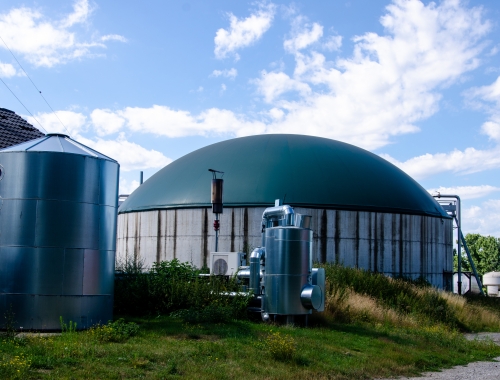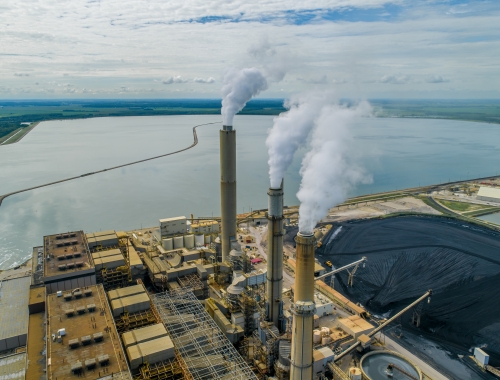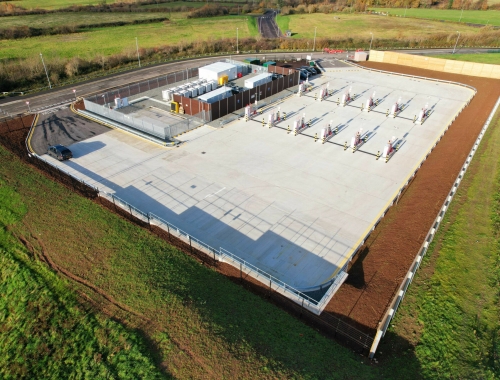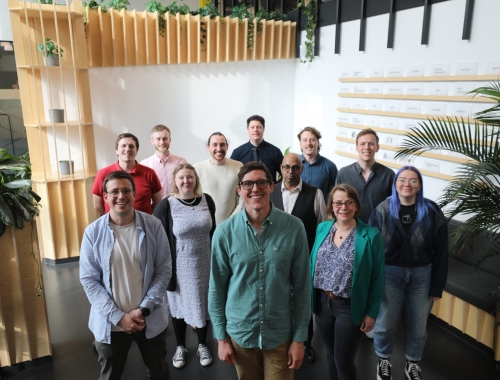SoCalGas praises California move to standardise renewable gas use
SUMMARY
California's public utility commission has brought in a renewable gas floor for utilities in the state.
By Callum CyrusPOSTED IN:
Southern California Gas has welcomed the introduction of a renewable gas standard by the Californian Public Utility Commission (CPUC) to help rapidly decarbonise state gas systems, the company said on March 1.
CPUC has established the new framework under which local utilities will have to supply a set amount of renewable gas content to customers as part of their overall gas supply mix. California is the first US state to adopt a renewable gas standard.
SoCalGas is expected to source 12.2% of its supply from renewable natural gas by 2030. The utility has also been asked to meet the interim goal of 3% of gas from renewable sources by 2025.
CPUC believes the introduction of renewable gas quotas will help meet state obligations on short-lived climate pollutants, including efforts to reduce methane emissions by 40% by 2030.
SoCalGas has already set out its own 2045 net zero emissions target and pledges to deliver 20% of its gas from renewable sources by 2030. The company's chief environmental officer said the new standard would be critical to California's net zero transition.
"Our way forward will require the innovative implementation of clean fuels such as renewable natural gas and hydrogen to help make our transition to a cleaner future reliable, resilient and affordable," SoCalGas chief environmental officer Jawaad Malik said. "By creating a new mechanism for consumers to access renewable natural gas, we are one step closer to a cleaner future."
The introduction of a state-wide gas standard follows the passage of state Senate Bill 1440, pushed through by Ben Hueso, the senator who chairs California's energy, utility and communications committee. This requires CPUC to deliver a standard and set goals for procuring renewable gas-made organic waste from sources such as wastewater treatment plants, dairies, landfills, agricultural waste and forestry residues.
"The CPUC's decision today will help California to address the single most urgent climate issue, which is the reduction of climate super pollutants methane and black carbon," said Julia Levin, executive director of the Bioenergy Association of California and former deputy secretary for climate change and energy at the California Natural Resources Agency. "Requiring utilities to procure biomethane generated from organic waste will help to reduce landfill waste, open burning of agricultural and forest waste, and wildlife, which in turn provides enormous benefits for public health and the climate."








